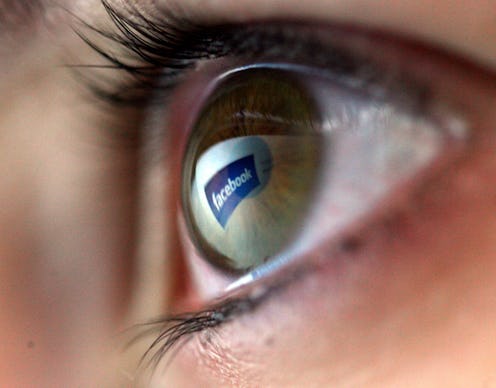News
Now You Can Report Facebook Posts If They're Fake
Finally, there is a way to combat the rampant false news stories that flood into Facebook day in and day out — Facebook is now allowing users to flag posts as hoaxes. The move is a larger step in Facebook's fight against erroneous stories that includes adding "satire" tags to posts from sites like the Onion and the Daily Currant.Unveiled in August, the satire tags were initially hailed as a positive step in combating fake news, a runaway online industry that has fooled everyone from your grandmother to reputable news sources like CBS News — who put a positive spin on being had by counting down the top nine hoaxes they fell for. Facebook's first efforts in labeling satire were entirely internal. Using a combination of human judgment and their famous algorithm, satire tags began popping up under related stories that had been heavily shared.With their latest flagging technique, though, it appears that Facebook users hold all the power. It is up to users to flag posts as false stories, rather than having tags simply appear on their own. No word has been made on who at Facebook might oversee heavily flagged posts, other than the fact that the posts will be slapped with a warning that states that "many people on Facebook have reported that this story contains false information." Note that flagged pieces will never completely disappear, either; they'll just appear far less often.
What this means for now is that, regardless of intent, if a piece is flagged often enough, it will suffer the consequences. From what we can tell, reactive users who take issue with reputable news sources for either religious or political reasons will have their flagging counted equally among users calling out the National Report, a fictitious news site that mysteriously stopped referring to itself as a satire site last autumn. Conversely, vigilante news monitors flagging breaking stories that might have unconfirmed, erroneous facts could potentially drive down the traffic of vital news sources, even after corrections have been issued within the story.The only mention that Facebook has made about concerns of content being flagged as untrue when it simply isn't is that they've tested the outcome of flagging. Apparently, users tend not to report satire when it's either blatantly labeled or humorous. According to the announcement:
The vast majority of publishers on Facebook will not be impacted by this update. A small set of publishers who are frequently posting hoaxes and scams will see their distribution decrease.
Given the fact that fake news flagging has only been online for a day or two, even those results have yet to be seen.
Images: Getty Images (1)
